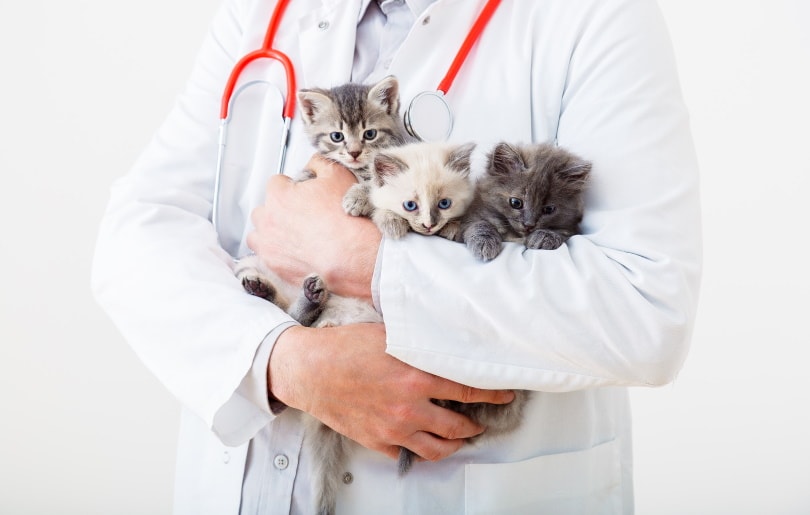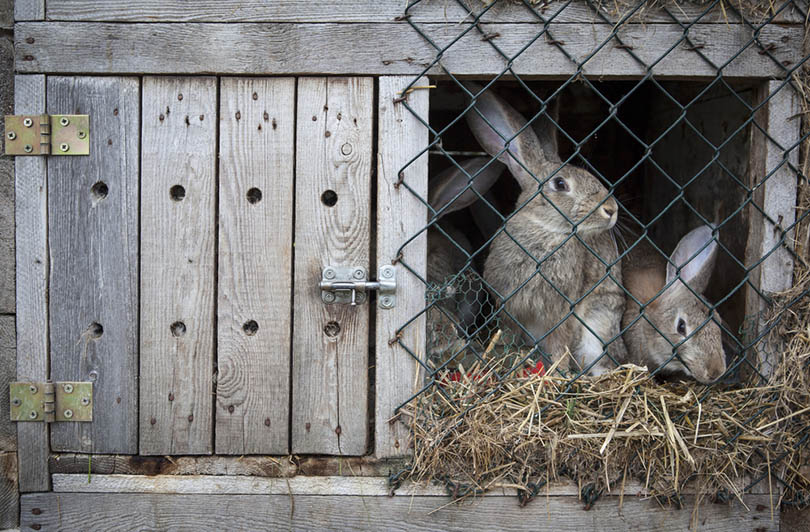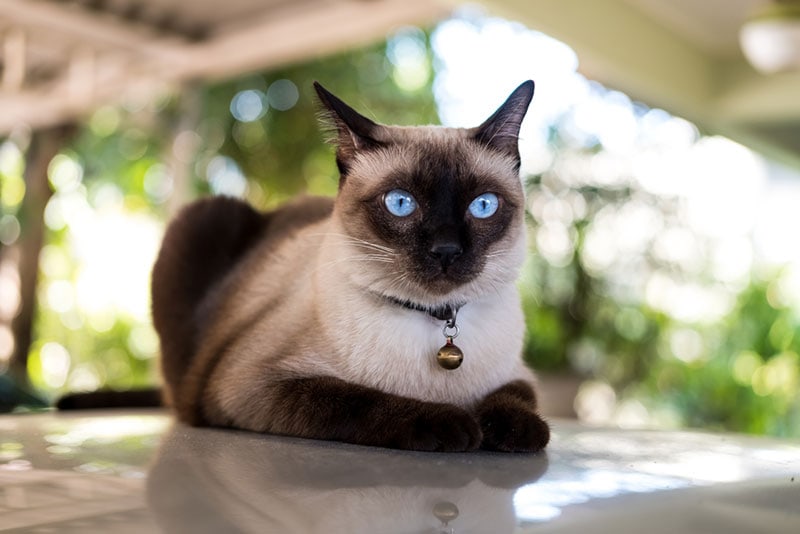VET APPROVED

The information is current and up-to-date in accordance with the latest veterinarian research.
Learn more »
Click to Skip Ahead
If we could spend the rest of our lives with our cats, most of us would choose to do so. The grief of losing a cat is a long and painful process, and we often forget that death is a natural part of life. With that said, some people choose to clone their animals in an attempt to stay with them. While this sounds like a dream come true, it does come with complications. One of those complications is price. Cloning a cat can cost as much as $50,000, or more. Here’s what you need to know!

How Much Does It Cost to Clone a Cat?
The cost of cloning a pet isn’t cheap. In general, the process of cloning a cat can cost up to $50,000 or more, although this amount depends on where you go and factors relating to your pet. Tissue samples are also required from the original pet, which are often taken by the vet. The price of doing all of this isn’t realistic for most people, and there are multiple ethical considerations of the concept itself.

Is It Legal to Clone Cats in the United States?
The United States does currently allow pet owners to clone their cats and other pets. However, the process of cloning them is still ethically questionable.
How Does Cloning Work?
Scientists have to conceive a life inside of a lab by harvesting eggs from donor animals. It is from there that the scientists remove the nucleus and insert cells from the original pet. These eggs finally contain the full genetic material from your pet, and the process does not require sperm to be fertilized. Instead, they run an electrical current through the cell to jumpstart cell division. Once the embryo has grown, they surgically insert the embryo into a surrogate mother cat. Pregnancy follows if the embryo is accepted.
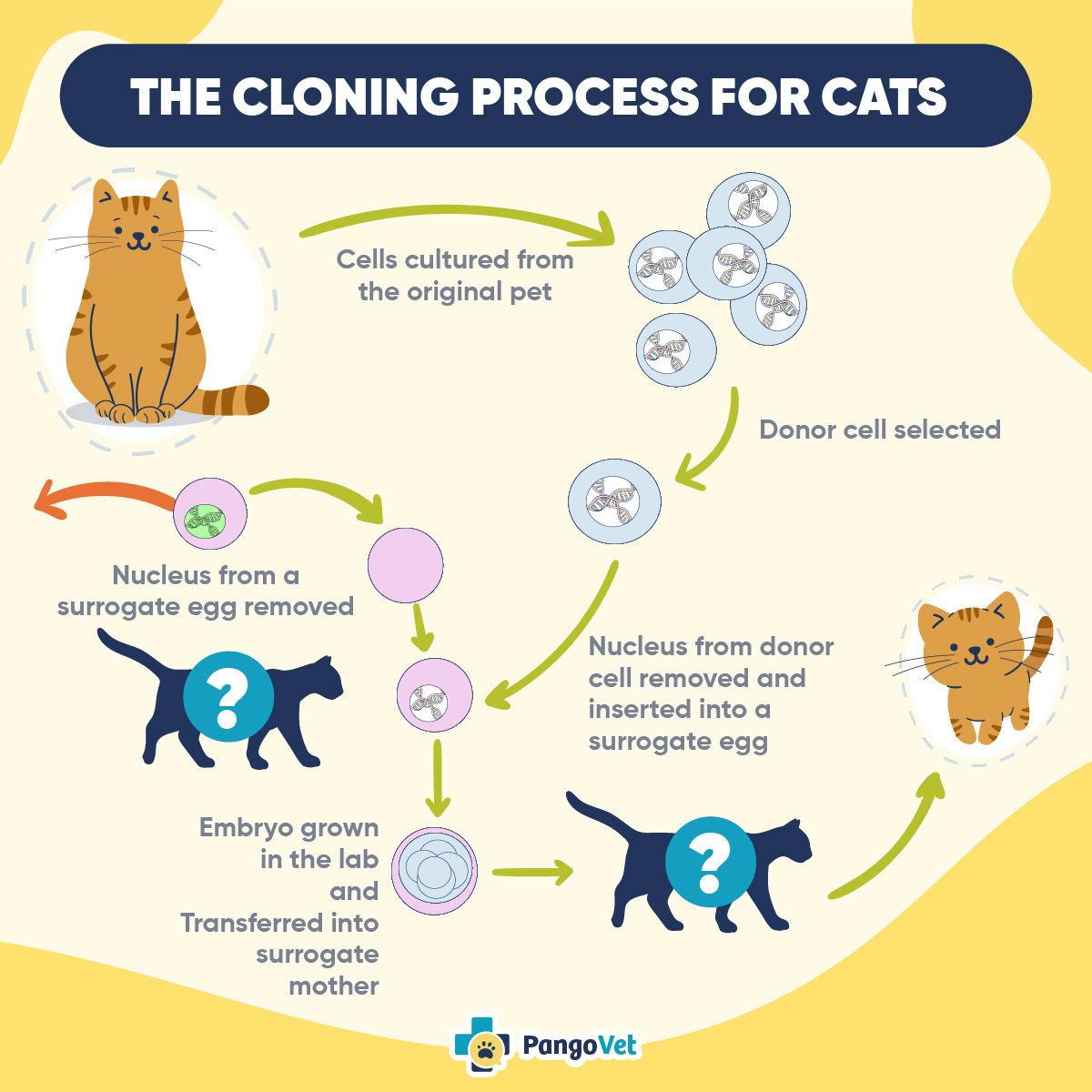

Top 3 Things to Consider About Cloning Cats
While cloning your pet is possible, the real question is whether or not you should do it. Is it worth all that money to have a copy of your pet with you? Here are some reasons you might want to reconsider:
1. It’s Not the Same Pet
While the cloned cat certainly has the same DNA as your previous cat, that doesn’t mean it’s exactly the same animal. This is a new pet that is still capable of looking and acting differently than you expect, so you might be spending $50,000 on a cloned cat when you could have adopted a regular cat in need or purchased one from a reputable breeder. The numerous environmental factors also have a major impact on a pet’s development and character.
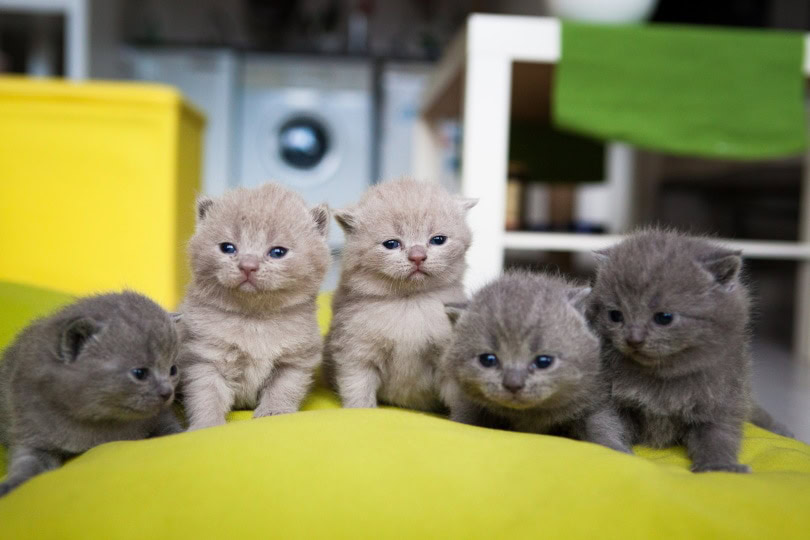
2. Lab Animals Often Get Mistreated
While we can’t say that every cloning lab treats its animals poorly, it’s no secret that these animals are not living the lives that they deserve. Oftentimes, cloning animals can take multiple attempts. The surrogate may need to go through several pregnancies before they have a successful one, and multiple surrogates are often used to increase the likelihood of success. There are also hundreds of cats that have to go through procedures and hormonal treatments to donate the egg in the first place. The cats are being used more than they’re being loved.
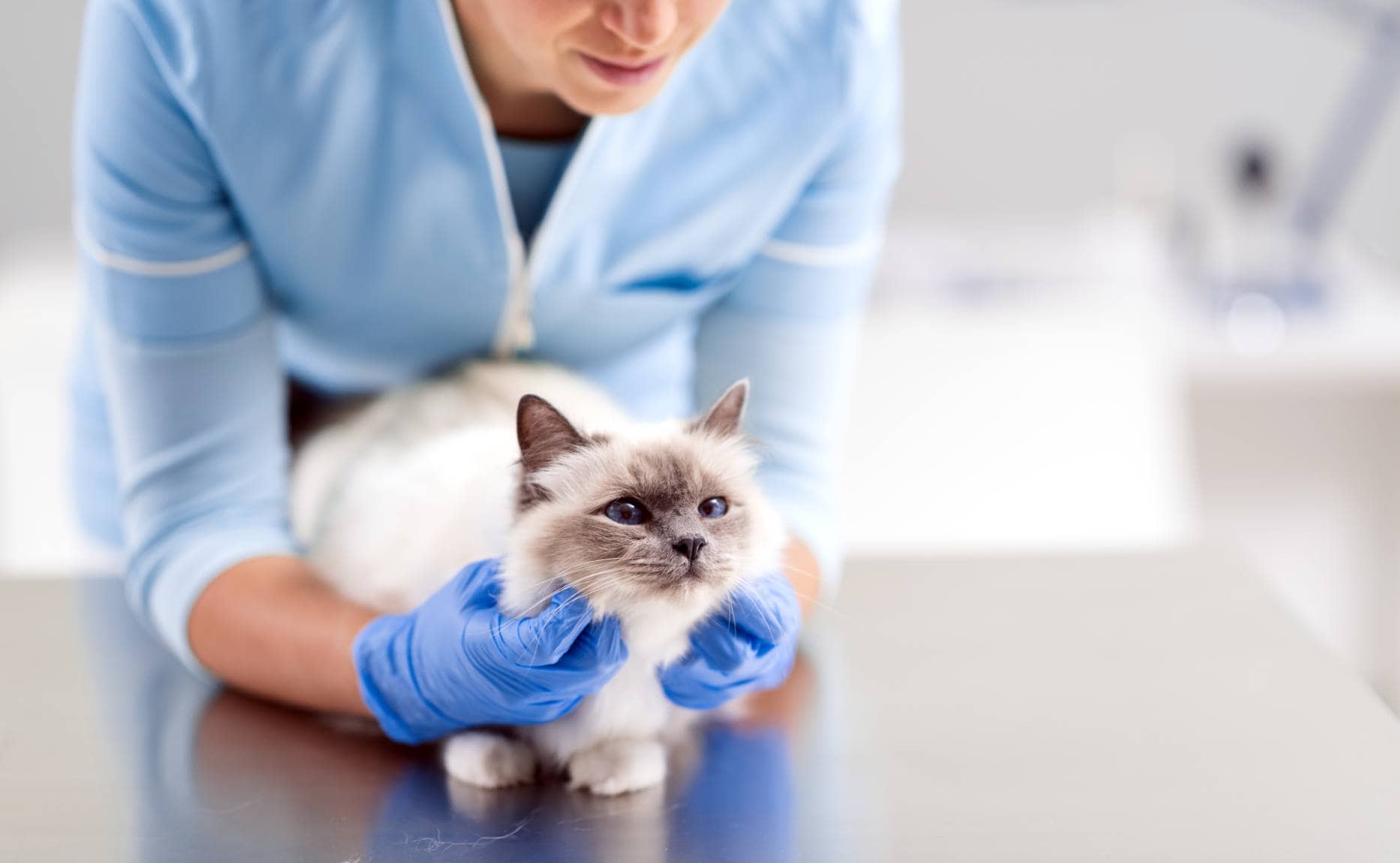
3. There Are Sometimes Extra Clones
You might not want to think about it, but multiple embryos are often implanted at once to speed up the process of creating a successful clone. If more than one is successful, what happens to the other clone? Whether they are euthanized or not, it’s unpleasant to think about and unfair to all the animals who are in desperate need of loving homes already.


Final Thoughts
It’s not inconceivable that you’d want to have your favorite cat with you for the rest of your life. Even though it is possible in a sense and entirely up to you, there are some significant reasons why you’d want to reconsider. At the end of the day, the choice is yours. Just know that you might not get what you were expecting, as cloning animals is still a learning curve with all of the ethical considerations that come with it
Click to Skip Ahead
Featured Image Credit: beton studio, Shutterstock
